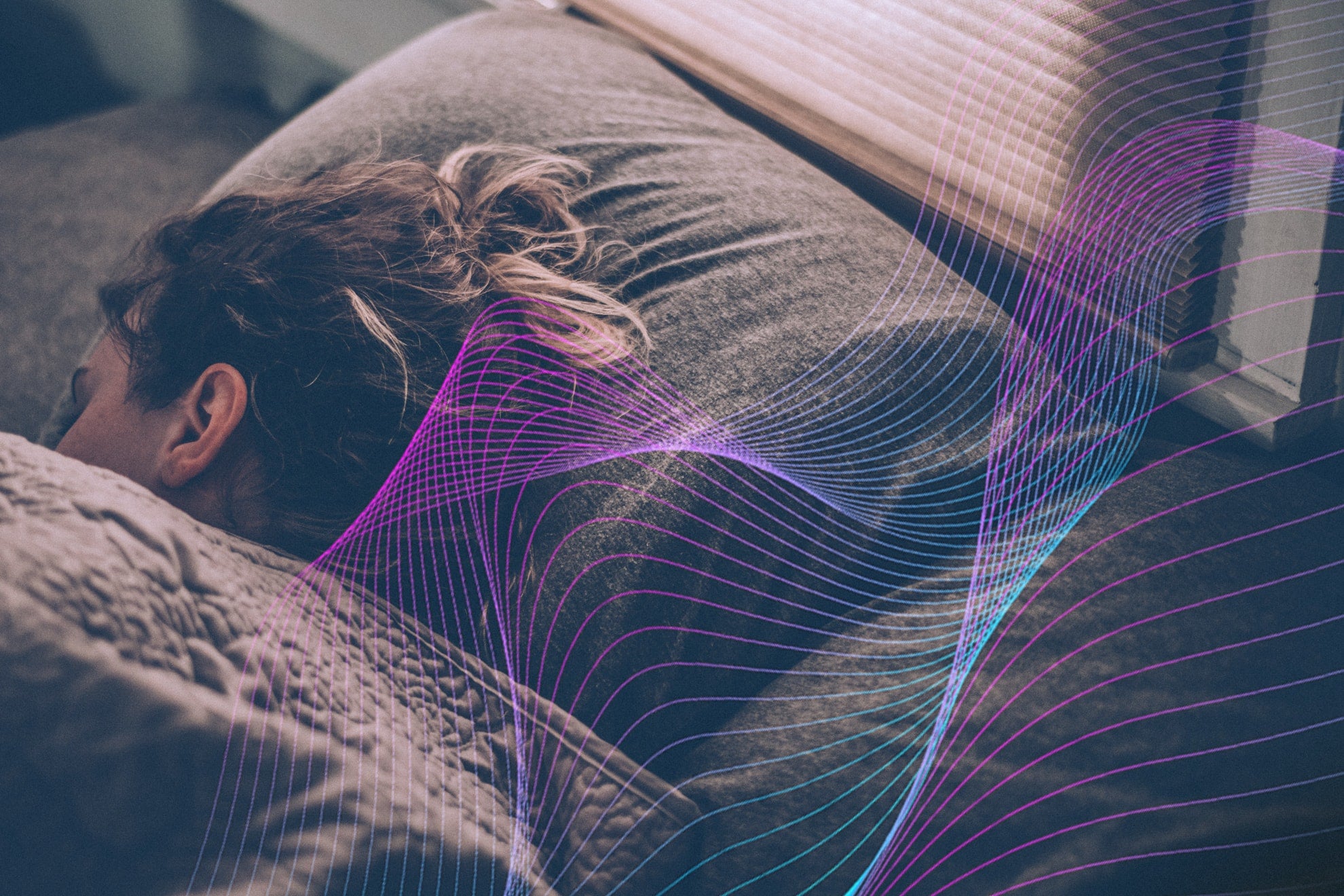
A Lack Of Sleep Kills Productivity!
‘Get a good night’s sleep!’ You hear this line before a big corporate meeting, an important test, and even a marathon. Why? Because it is an established fact that sleep can affect our performance.
Here’s How You Can Improve Your Sleep Quality…
Lack Of Sleep Is A Major Productivity Killer!
Insufficient sleep can keep you from giving your 100% at work, and eventually, cause serious health problems… Both can hamper your productivity!
- It Holds You Back Professionally…
For most individuals, staying focused is requisite to perform well at work. It is known that when the brain is deprived of adequate sleep, our motor-skills and cognition just doesn't perform as it should. But people still tend to push through the sluggish feeling. Ultimately, they work longer, get more tired and finally, they become prone to errors.
It is a vicious cycle — the lack of sleep and the drive to continue working — which results in:
- Creativity block — REM sleep is fundamental for stimulating creative thinking. It is why folks come up with the best ideas in dreams or right after they wake up!
- Procrastination — When a person is wide awake at 0-dark-thirty, they are dozing off at the desk. It necessitates work to be tackled not today but the next day.
Sleep experts, digital health coaching seminars and ‘sleeposiums’ are just some of the avenues the biggest names in the corporate world have tried to stave off sleep complications. They know that when employees are short on rest, the mind:
- Displays poor memory.
- Has a slower reaction time.
- Shows declining cognition.
- Exhibits impaired attention.
- Causes shoddy decision-making.
So, what does a loss of productivity mean in hard facts? Slumbering during work can be the difference between being promoted and being left behind.
- It Can Affect Your Health…
Sleep apnea, insomnia, sleep deprivation, and other sleep disorders have shown a reciprocal link to immunity. In simpler words, the less one sleeps, the more the chances of falling ill. For that reason, properly rested people have a lower chance of contracting an illness than those who are not.
Some health issues commonly caused by a lack of sleep:
- High Blood Pressure
- Type 2 Diabetes
- Weight Gain
- Heart Disease
Such problems can not only throw your productivity off balance, but also hamper the quality of your life!
Some Simple Ways To Improve Sleep Quality…
When every technique under the sun has been experimented and deemed vestigial, it is time for tried and tested options. When followed, those battling sleep issues will see a visible change with these approaches.
- Blue Light Filters
Two hormones — serotonin and melatonin — control our circadian rhythm or the sleep cycle. The production of the first occurs during the day when there is a lot of light. The second is created after the sun goes down and it is dark. Essentially, melatonin is what gets people to relax, unwind and ready for sleep.
Sadly, the present digital era is not too big on reducing light. Even when it is midnight, TV’s, laptops, tablets, smartphones bathe us in strong, piercing blue light — a wavelength connected to sunlight. The effect? It dupes the brain into believing that it’s still daytime. There is no generation of melatonin. The mind stays alert and, unfortunately, awake.
The best solution to improving sleep quality is to get rid of all electronic devices from the bedroom. Elimination of all light induces normal and restful sleep.
- Blackout curtains.
- Do not use a smartphone before bed.
- Turn off your TV/Laptop/Tablet.
If purging your room of all electronics is too extreme for you, the next best thing is a blue light blocker or filter. Wearing them while using a gadget reboots sleep cycle in a flash. The filter ensures melatonin is produced even with continuous electronic usage.
- Take Sleep Aids
Sometimes the body needs a supplement that tackles both the mind and body. PrimeSelf's Natural Sleep is one such supplement. A quintessential sleep aid meant for daily use; it doesn’t result in dependencies and causes no morning grogginess. Natural Sleep lets one slip into a natural and restorative rest using all-natural ingredients:
Valerian Root Extract:
It is the most commonly used natural ingredient to fight sleep issues, in particular, insomnia. According to research, it is effective when taken 30 to 180 minutes prior to bed.
Passion Flower:
Naturopaths have been employing a combination of valerian and passion flower to improve sleep quality for decades. The flower is acknowledged to induce rest by treating the inability to sleep.
Vitamin B6:
The vitamin converts an amino acid tryptophan into serotonin, which as explained before, is vital to regulate the sleep cycle!
Magnesium Glycine:
When the levels of GABA are low, the body is unable to relax which equates to no sleep. Magnesium Glycine is an essential component that increases GABA and brings stress under control.
L-Theanine:
A soothing cup of tea is an adage everyone has heard, but few have wondered how it works. Well, tea leaves have an amino acid called L-theanine which boosts GABA production and upsurges serotonin. Together, GABA and serotonin work to lower stress and relieve the body.
You can also opt for other nootropic compounds such as Phenibut, L-Tryptophan, CBD Oil, Lemon Balm and Magnesium L-Threonate, which will help support deep sleep and provide a calm mental state to dip into a deep slumber.
- Opt For A Calming Routine
Go for the gold by training the brain to fall asleep by following a set and calming routine. Every night about an hour before bed adhere to the same schedule. Make a list of soporific activities and do them in the exact order each night. To start off, here are a few tasks:
- Unplug from work by not checking the email.
- Take a warm bath.
- Brew a bedtime tea.
It’s easy to disregard sleep as a way to lose precious, productive hours. However, in order to be healthy and productive over a longer span of time, it is essential to respect the circadian rhythm and get enough sleep!
ALSO READ
- How to Biohack Your Sleep For Optimal Performance
- 10 Principles For Optimized Living
- A Healthy Outside Starts From The Inside
- Exploring The Health Benefits and Science of Earthing(Grounding)
- 5 Biohacks To Reduce Stress

